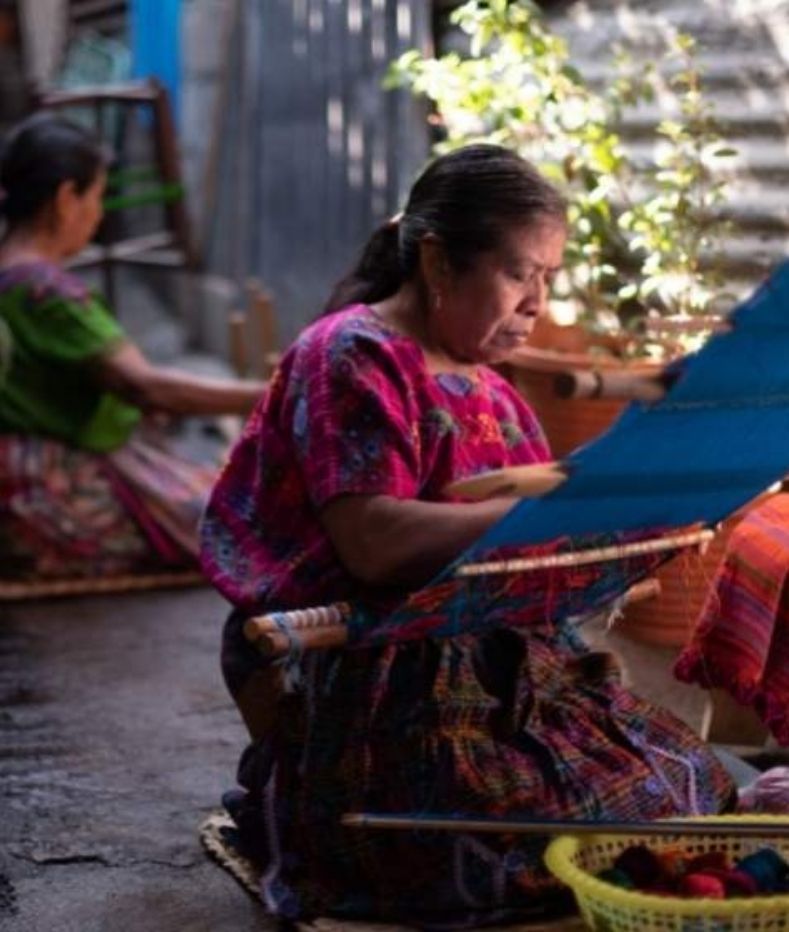Home > About > The Principles > I do my homework

Dignified storytelling pursues a deep understanding of historical and cultural issues to guide the storytelling process.
This is the first step toward mitigating the risks of oversimplification, sensationalism, and stereotyping. A commitment to communicating the background and context of all stories can help audiences better appreciate the social, economic, cultural, and political factors that shape the story.. This wider understanding is important to move audiences beyond only judgment or pity about any individual’s situation, which is never the whole story.
Cultural norms are not homogenous and may even be in conflict amongst individuals, families, and communities. Appropriately responding to these dynamics takes sensitivity and thoughtfulness. When content gathering, seek to understand the social and moral underpinnings of the community, family, or individual to guide interactions with all those involved, leading to mutually beneficial decisions and ways of working.

Cultural sensitivity can help to identify and address what actions may be needed to help contributors realise their rights to be actively involved in the story and to access, understand, and speak out on information. The local context is, in part, what drives any training and consultation that takes place before, during, or after the content gathering and during story development.
Guidelines for Principle No. 6:
Dignified storytelling Dignified storytelling values local social, moral, and cultural norms.
TO HELP PUT PRINCIPLE #6 INTO PRACTICE, CONSIDER THE FOLLOWING:
Storytellers have a responsibility to educate themselves on relevant cultural, religious, and social norms that might affect the storytelling processes, and to consider and respond to these factors appropriately.
Information on the context can be included in the Terms of Reference or storytelling brief with additional contextual information gathered with the content and filed together with images and stories, accessible to anyone working on the story.
Pursue collaboration with creatives on the ground and from the communities or groups involved in the story, rather than bringing in outside contractors who may not fully understand the context.
This may include identifying interested people within your organisation who are positioned closest to the stories and supporting their engagement with storytelling. Where new storytelling roles are assigned, individuals need to be appropriately positioned, trained, recognised, and compensated for their work.
Respectfully work with existing established systems and groups who have deep knowledge and authority within their communities.
Note that a focus on context does not mean you must provide too many identifiable details of potentially at-risk groups or individuals. Take care to protect the identity or exact location of contributors if there is risk involved (see Principle #2 on “I do no harm” and Principle #4 on “Consent is more than paperwork”).
Top Tips for Principle No. 6
Diligently Research
Do the research on the historical and cultural context of the story and include relevant background information in the story, consulting with experts and those with lived experience to help ensure accuracy and authenticity.
Choose Local Creatives
Prioritise working with creatives who have deep knowledge of the culture and context, ideally because they are from the place where the story is set.
More in the Handbook
The Dignified Storytelling Handbook is a resource to help storytellers and organizations promote and
employ storytelling practices that are grounded in a deep respect for human dignity
Available for download in English, Arabic, Spanish and French
